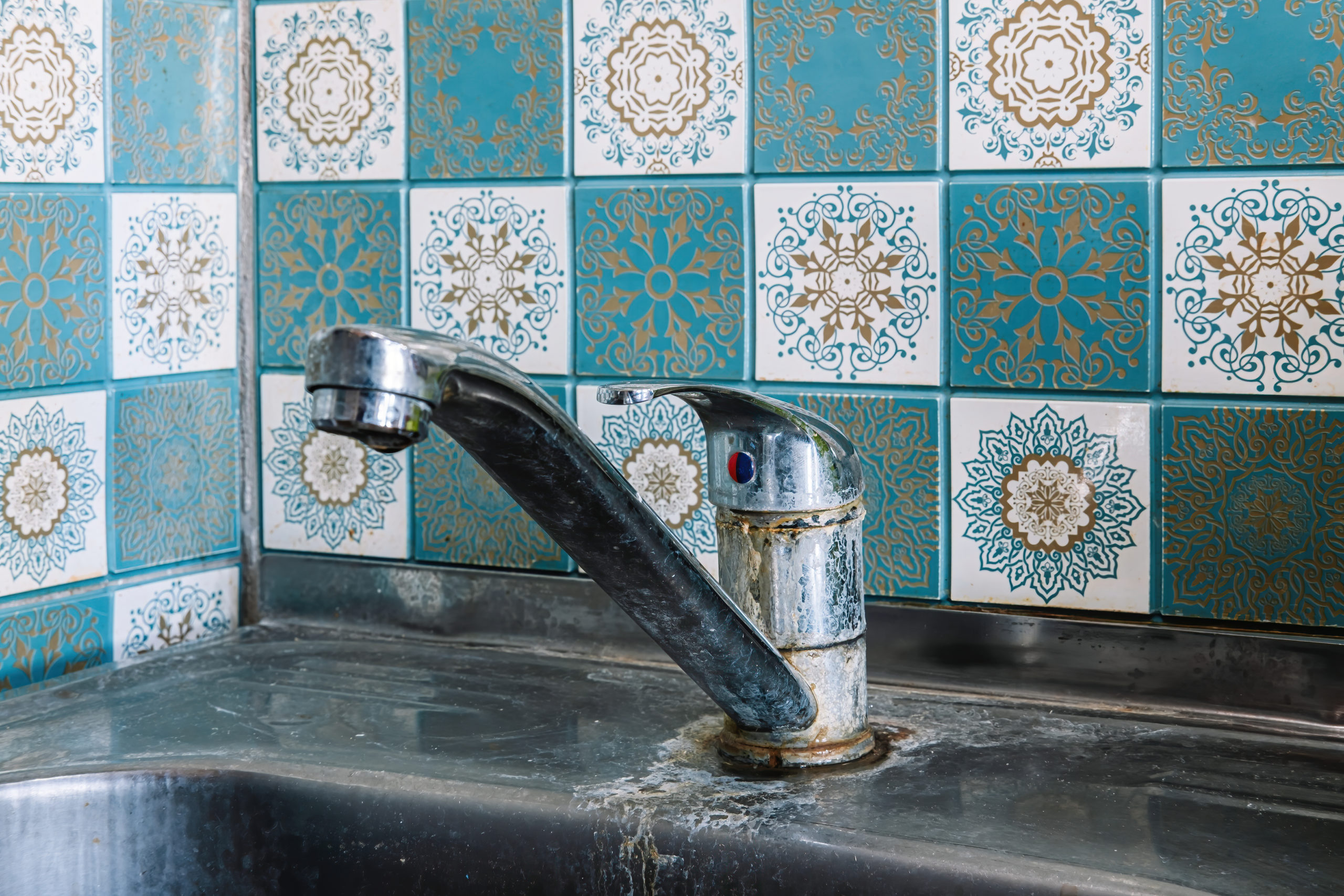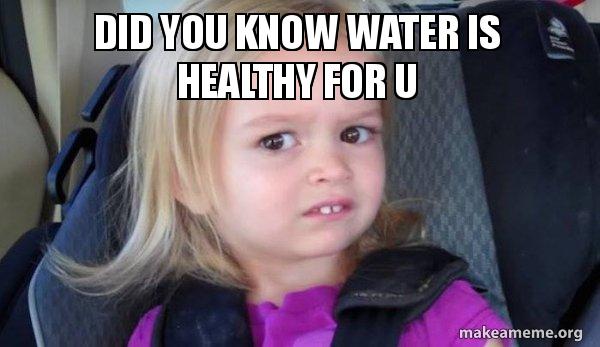Is It Safe to Drink Hard Water?
01/23/23

From annoying and a nuisance to smelly and icky, hard water conjures up a range of adjectives for many people — and very few are positive. But if it’s your main source of drinking water, you may wonder if it’s safe to drink. While this concern is understandable, it is safe to drink.
Here we’ll discuss how hard water forms, why it’s seen as a problem, the potential health benefits of drinking hard water, and how it affects your home’s plumbing and pipes.
What is hard water?
It’s natural water that picks up extra calcium, magnesium, brass, copper, and iron, as it travels during the hydrologic cycle. When water falls as rain, it’s slightly acidic; as it enters the soil, rocks, and finally underground aquifers, it flows through and over gypsum and limestone layers. Since these rocks are abundant with calcium and magnesium, the water easily absorbs the minerals.
- Soft: Less than 1 gpg
- Slightly hard: 1 to 3.5 gpg
- Moderately hard: 3.5 to 7 gpg
- Hard: 7 to 10.5 gpg
- Very hard: More than 10.5 gpg
Why do people see hard water as a problem?
For many homes and people — 85% of the United States — hard water causes all sorts of cosmetic issues that range from annoying to icky. One is the taste or odor hard water takes on from the minerals suspended inside. Others include:
- Faded clothing and fabrics: Hard water does a number on fabric and materials, such as clothing and bedding. The extra mineral content turns fabrics stiff and scratchy to the touch. Colors fade prematurely while the heating element inside the washing machine becomes coated with limescale and can’t effectively heat the water.
- Dingy hair and dry skin: Since the minerals in hard water counteract most active ingredients in soaps and shampoos, you may find yourself using more to be clean. But these minerals also leave a film on your hair, rendering it unable to absorb conditioners and other moisturizers.
- Soap scum: The white to off-white residue coating your shower walls and bathtub sides is soap scum, a common byproduct of hard water. It’s really a sticky curd but we don’t recommend deep frying it. If not cleaned, the scum can encourage mold and mildew growth.

Drinking Hard Water Actually Has some Health Benefits
- Improved cardiovascular health: Because hard water has significant amounts of calcium and magnesium, two minerals linked to heart stimulation, your heart may pump blood more efficiently through your body.
- Possible cancer prevention: A growing body of research points to the high magnesium concentration stimulating the immune system and providing protection against all types of cancer.
- Better insulin regulation: Magnesium drives the body’s channels responsible for regulating insulin production. Though diabetes can cause a lower natural magnesium production, drinking hard water provides the amount needed for proper insulin production.
- Better digestive health: In the right combination, calcium and magnesium are good for fighting constipation, easing diarrhea, and assisting with stomach cramps.
- Extra minerals for plants: If you have indoor plants, hard water can provide them with extra trace minerals while encouraging the absorption of others they need for growth and health.

The Only Thing Hard Water Hurts are Your Pipes (Potentially)
- Clogged pipes: Hot water pipes are affected the most because as hard water warms, it deposits even more limescale and minerals. The clogs usually take years to develop and aren’t apparent until there’s an issue.
- Inefficient appliances: Any appliance that uses water, such as a freezer with an ice machine, is affected by limescale. The increased wear and tear can reduce the lifespan by up to 50%.
- Cracks or breaks in plumbing: When the pipes clog, the water pressure inside builds. Depending on the pipes’ age, cracks or clear breaks are possible, leaving you with higher water bills and pipe replacement.
Does Drain Cleaner Work on Hard Water Deposits?
Commercial drain cleaners do work on deposits, but only for a short amount of time. They breakup the clogs and allow water flow, but don’t stop the deposits from returning. If you do choose to use drain cleaners, never use them for water supply lines or sewer pipes as the ingredients would contaminate water supplies.
Is There Anything I Can Do to Help with Hard Water?
Plumbing maintenance is a good place to start. During these annual appointments, a plumber inspects the pipes and plumbing for any sign of damage and potential clogs. They may recommend a drain cleaning at a later date. Two other options are flushing the hot water heater each year and/or installing a water softening system.
Hard water is annoying, but for the majority of homes in the United States, it’s a fact of life. But at least it’s perfectly safe to drink. Have plumbing questions? Speak to a HELP professional today!
Posted in: Cooling, Knowledgebase




